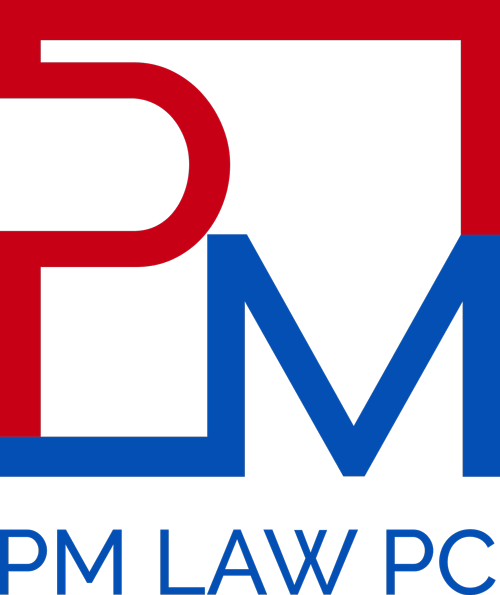When parents divorce, the biggest issue that needs to be settled is child custody. Child custody determines each parent’s rights and responsibilities toward their children. It’s typical for both parents to want some custody of their children after divorce. To make this happen, child custody is split into legal and physical custody.
Legal and physical custody is often determined by what kind of custody arrangement parents have, such as sole or joint custody. Before you learn about different custody arrangements, it can help to learn about legal and physical custody. Here’s what you should know:
What is legal and physical custody?
Legal custody determines whether a parent can decide how their child is raised. A parent with legal custody could, for example, decide whether their child schooled publicly or privately. Or, a parent may decide that their child will undergo surgery or take medication.
Physical custody determines where a child lives daily and a parent’s responsibility to provide them food, shelter, clothing and other basic needs. A parent who has physical custody may be responsible for taking their children to school every day, for instance.
What is joint and sole custody?
Joint custody allows divorced parents to work together to decide how their children are raised. Joint custody splits legal and physical custody. For joint custody to work, parents often have to discuss how often and when they have their children. A child custody schedule often works around and into each parent’s daily work and school schedule. This allows both parents to still be involved in their children’s lives, which is often the court’s preferred choice.
When a parent can not or should not be involved in a child’s life, the other parent may have sole custody. Sole custody gives one parent most or full physical and legal custody. The other parent may have some visitation rights.
Child custody is a complicated matter. Parents who reach out for legal help often understand their options better.
